As someone who has dealt with food sensitivities personally and professionally, I’m well-versed in elimination diets. I’ve written about it numerous times (here and here for starters). They can be a really powerful tool, but also have some downsides.
My colleague and fellow real food dietitian, Aglaee Jacob, knows this well. What I love about Aglaee’s approach is that she considers the mind-body aspect of nutrition, meaning how our health is not only a product of our nutrition, but also our self care, our acceptance of our body, our emotional well-being, and so much more.
She’s a pro on the digestive health scene (if you’ve ever seen her book, Digestive Health with REAL Food, you know what I’m talking about—that thing is a textbook!). The second addition was recently released and I was so pleased to see that she included information on managing the mental/emotional side of digestive issues and interventions for them (such as elimination diets). This is so commonly overlooked.
Aglaee is here today to share about 5 tips to maintain a positive relationship with food during an elimination diet. Her sage wisdom is worth listening to!
Without further ado, here’s Aglaee…
5 Tips to Maintain a Positive Relationship with Food During an Elimination Diet
Elimination diets have become so popular in recent years that many people dealing with health problems have been recommended one variation or another of an elimination diet as part of their healing plan.
Although it is true that elimination diets are truly the gold standard in identifying problematic foods that can contribute to your symptoms, sometimes an elimination diet can do more harm than good.
How? I’m glad you asked!
The 3 main ways an elimination diet can harm your health is by:
1) causing nutritional deficiencies
2) affecting your mental health
3) increasing stress levels
All of the above can be counter-productive, and even harmful, for the healing process.
I speak from experience, both professional and personal.
As a registered dietitian who has had her own share of health issues, I’ve done multiple elimination diets of various kinds, both in healthy and unhealthy ways. I’ve learned so much along the way and have now guided hundreds of clients on elimination diets.
So here are my best tips for you if you’re ready to go on an elimination diet without compromising your relationship with food and your mental health, which would ultimately set you back with your healing process.
1. More is not always better
There’s this mentality with many things in life and that now includes elimination diets. Most people wanting to embark on an elimination diet tend to want to eliminate as many foods as possible and that’s what many health practitioners also advocate.
But the reality is not that simple.
Although it is true that you could develop a sensitivity to almost any foods out there, it doesn’t mean that the solution is to eliminate all the foods from your diet. This is a fear-based mentality. There are many factors to consider and this is why it’s best to have a qualified health professional help you design the best elimination diet for you by taking into account your symptoms, diagnosis, and history.
The truth is that less is sometimes more for many people. You can start with 2-3 things or food groups to eliminate to start with and see how far that gets you. If that doesn’t seem enough after giving it a few weeks, then you could consider eliminating something else. But what I find is that in most cases, a simple elimination diet is actually more effective than a drastic one. And much easier and enjoyable to follow too!
2. Avoid setting yourself up for emotional eating
Do you know what the first cause of emotional eating / bingeing is? No, it’s not stress. It’s not a special genetic mutation or predisposition. It’s not a lack of willpower either. The answer is actually deprivation.
Deprivation is something that unfortunately often goes hand in hand with elimination diets. Whether the deprivation is 1) physical (undereating and not getting enough calories and nutrients in) or 2) psychological (the mental deprivation of cutting out foods from your diet), the result is the same and it can have long-lasting effects on our relationship with food.
One way to at least ensure the body doesn’t feel physically deprived of nutrition is to eat enough. You cannot cut out gluten, grains and sugar while reducing fats and dairy without replacing these foods and calories with other foods. It simply doesn’t work like that.
Your body is smart and food is survival. It’s also important to remember that healing does require a significant amount of calories and nutrients. So please make sure you eat enough on your elimination diet! And remember that it’s probably more than you think is enough, especially if your elimination diet is based on real food.
3. Don’t stay stuck on an elimination diet for too long
Another common mistake I see people make is to use an elimination diet as a long-term way of eating. This is not at all what it was designed for. An elimination diet should usually last between 3-6 weeks. For those with a more severe and chronic health condition, 3 months might be necessary. But it shouldn’t go much beyond that.
After an elimination diet, the reintroduction phase is CRUCIAL to start building your own optimal diet. Staying stuck on the elimination diet phase for too long increases your risk of messing up your relationship with food by causing deprivation and fear of food.
So be ready to move on after a few weeks on your elimination diet to start broadening your diet again and avoid unnecessary restriction. I know that it can be scary to move on when an elimination diet allows you to feel so much better but the real goal in the long term, for both your physical and mental health, is to find the least restrictive approach that will allow you to feel the best you can. And moving on is the only way to get there.
4. Keep the goal in mind: eliminating symptoms, not pleasure
Let’s be real here. The term elimination diet is probably the closest thing to being in food jail in a world of food abundance.
Just saying it is enough to make anyone feel deprived. Because mindset is so important in healing and because even the thought of feeling deprived of your favorite foods can be a barrier to healing, it’s time we do something about this dreaded term.
Let’s rephrase this and change our mindset.
What if we re-framed elimination diets as an approach to eliminate symptoms?
So if someone asks you about why you can’t have this or that food, simply answer by saying that you’re on an elimination diet to eliminate your symptoms. Every time you are grocery shopping or preparing your food in the kitchen, remind yourself that you’re on a protocol to eliminate your symptoms.
Really focus on the long-term end goal rather than the temporary dietary changes that will get you there.
5. Don’t forget to add a generous serving size of soul candies every day
Many people make the mistake of pausing their life while they heal their physical health. And understandably so. When you feel unwell, you want to do everything you can to feel well again.
However, it’s easy to forget that health is not only about physical health and that true holistic healing should encompass not only the physical health of your whole body, but also your mental and emotional health as well. True health includes all of these things. We cannot heal if we only focus on one of these parts (i.e. the physical body) while forgetting about the other parts (i.e. mental and emotional health).
Everything is connected and intertwined.
So make sure you add soul candies to your menu. Every single day. They’re just as important as sleeping enough, drinking enough water, and eating the foods that nourish your body.
So what are the healthiest soul candies to add to your menu? Everyone has different tastes with soul candies as with any other things in life. For some, it can be time in nature, time with loved ones, time alone, time doing yoga, time doing nothing, just breathing deeply, creating, moving, dancing, reading, writing, listening to music, journaling, doings crafts, drawing… there is no right or wrong answer.
To know what soul candy is right for you right now, slow down. Take a deep breath and ask yourself “What soul candy do I need today?” Accept the first answer you get and give it yourself! And not tomorrow. TODAY. Keep repeating and practicing daily.
By Aglaée Jacob, MS, RD, author
PS – If you have experienced a change in your relationship with food while following and elimination diet, tell us about it in the comments below. You never know how sharing your insight could help someone else who is dealing with the same thing.
About the author:
Aglaée is a registered dietitian and nutritionist with over 12+ years of experience, and the author of Digestive Health with REAL Food. As someone who has dealt with her fair share of digestive and hormonal issues, including IBS, SIBO, and PCOS, she learned to heal her digestive issues by developing her own natural and holistic protocol, which she outlines in her book. In addition to these health issues, Aglaée overcame nearly two decades of disordered eating and poor body image and has now recovered from binge eating disorder. Today, Aglaee is passionate about helping people struggling with health issues and helping women heal their relationship with food and their bodies—and the space where those two problems converge. Now that she healed herself, she loves eating (chocolate, plantains and cheese are her favorite foods!), yoga, traveling, practicing her Spanish and spending time in nature
Go here to check out Aglaee’s blog and book. Follow her for some real food goodness and body love wisdom on Instagram.

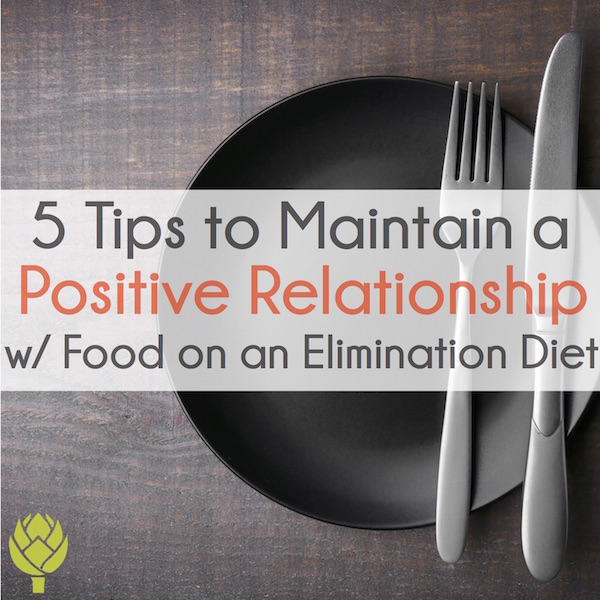
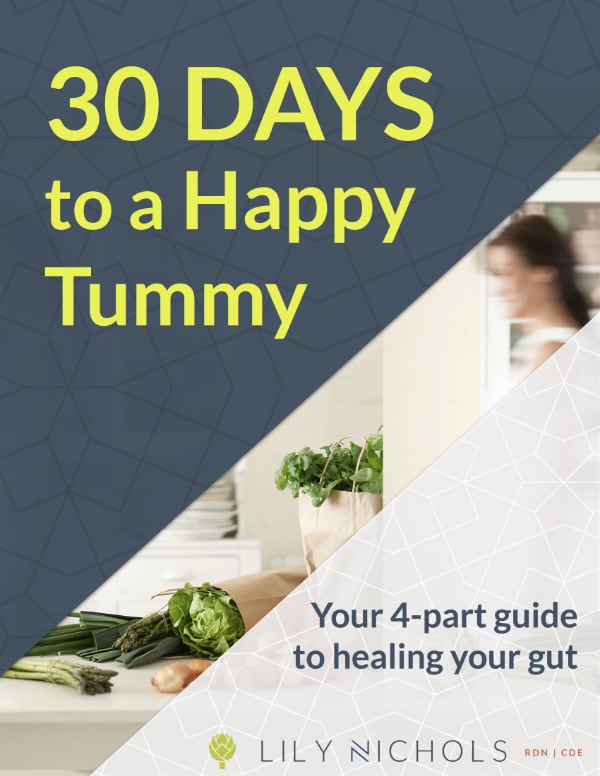
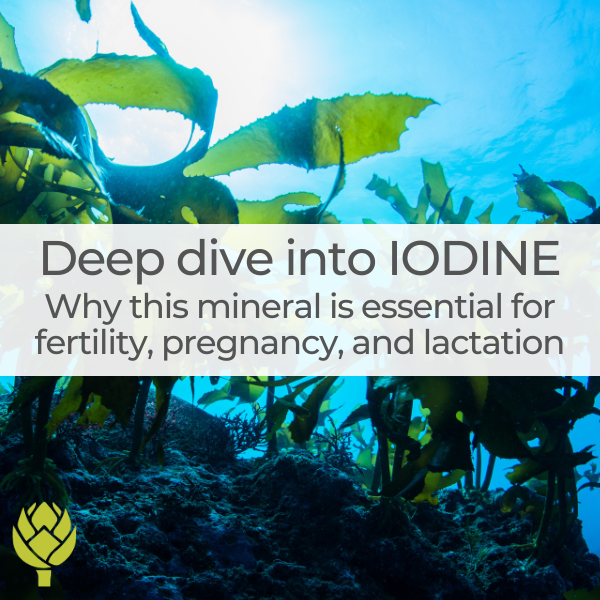
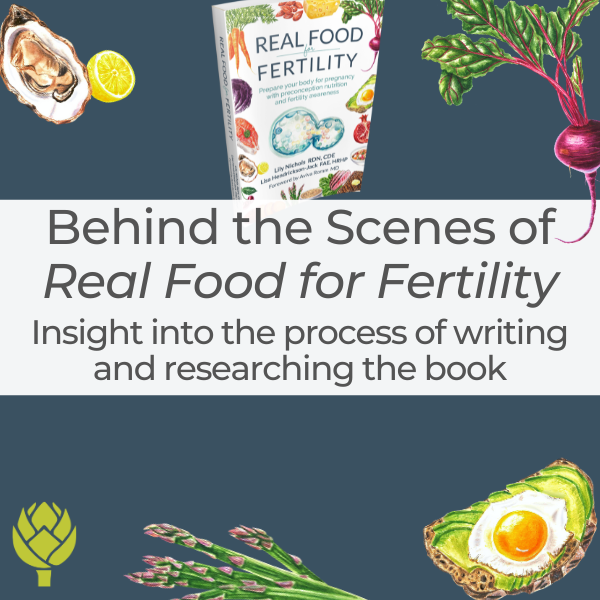
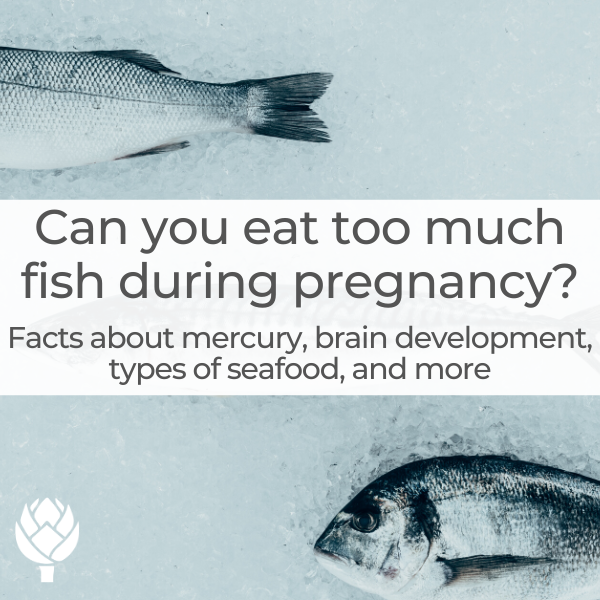
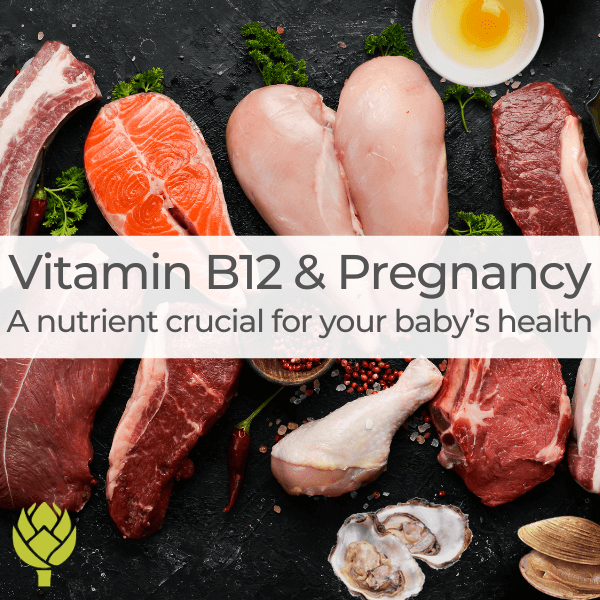




I have Crohn’s disease and have tried many different elimination diets. I did the SCD diet for 6 months and while some of my symptoms improved I always felt guilty, stressed out and anxious because like you explained in your article, I always ended up feeling deprived and overwhelmed. It effected me emotionally and I ended up afraid of food and eating the same few things everyday. That was not a happy time.
I agree with all what it’s been said. I spent a lot oF time m figuring out what I was going to have for lunch or breakfast. I cut out too many foods and I worse my symptons not mentioning I got depressed and stressed. Now my fear is reintroducing new foods. I am terribly scared of my body reacting in an aggressive way.
I wish I had read this article before so to follow an elimination diet with sense of common.